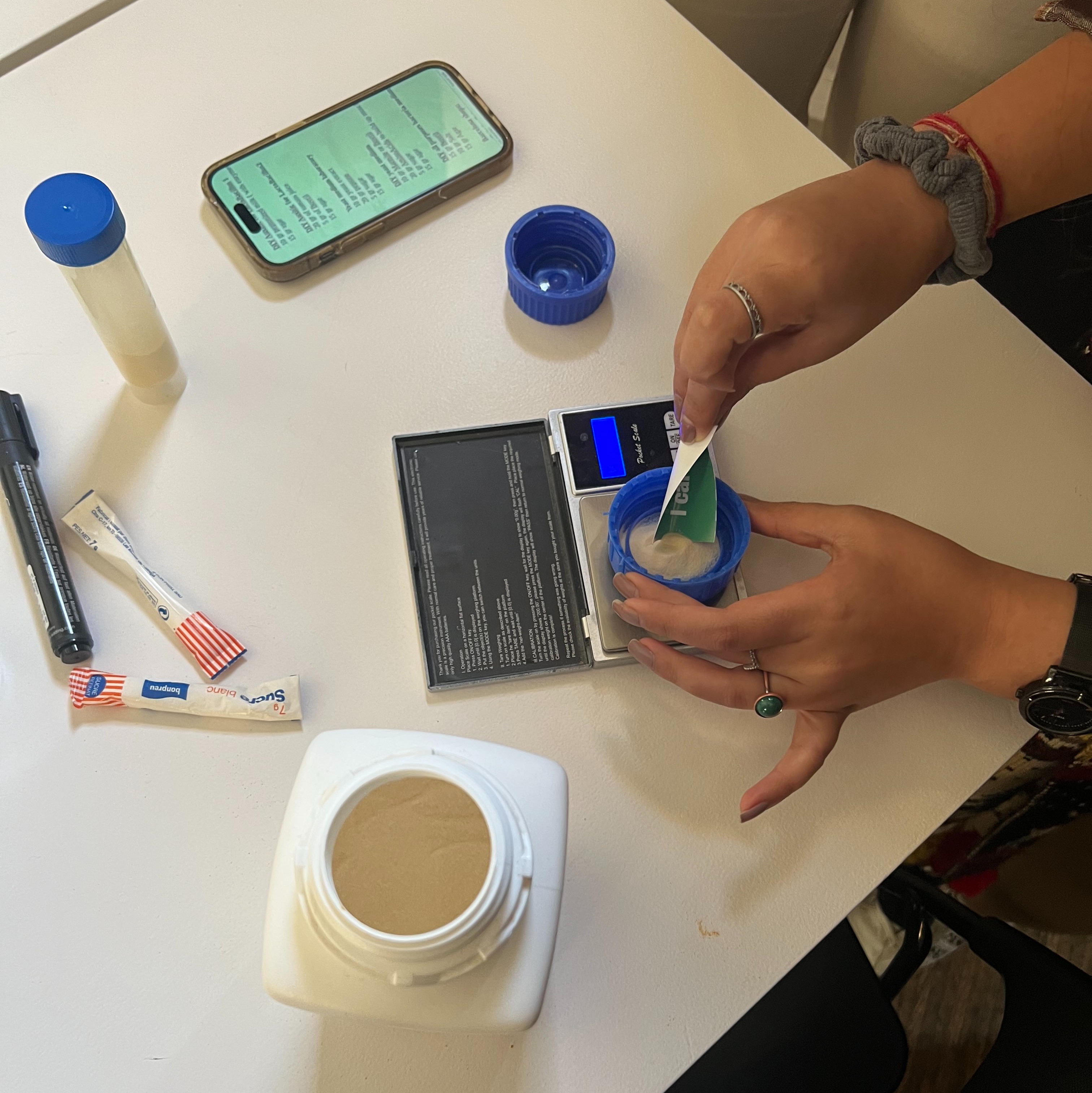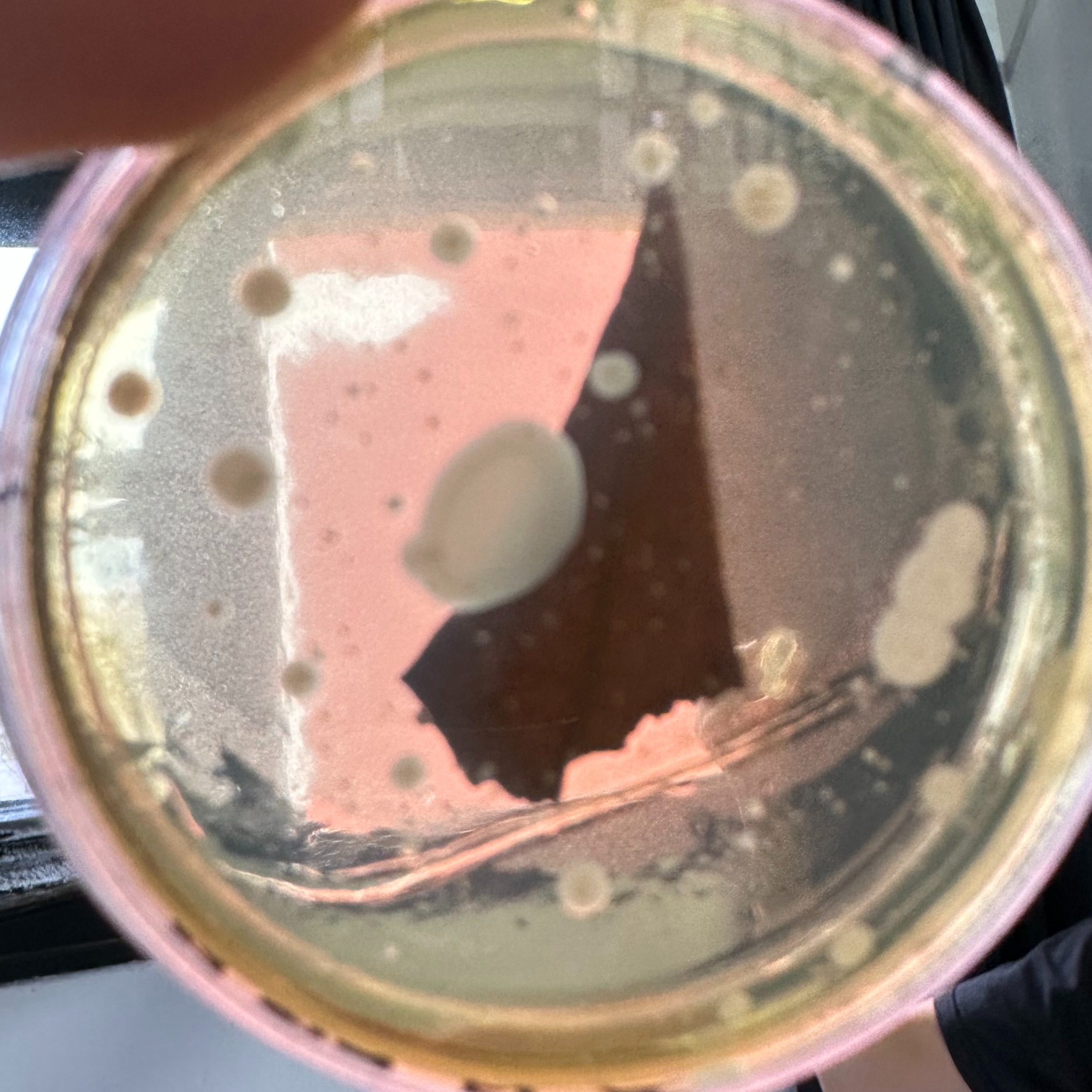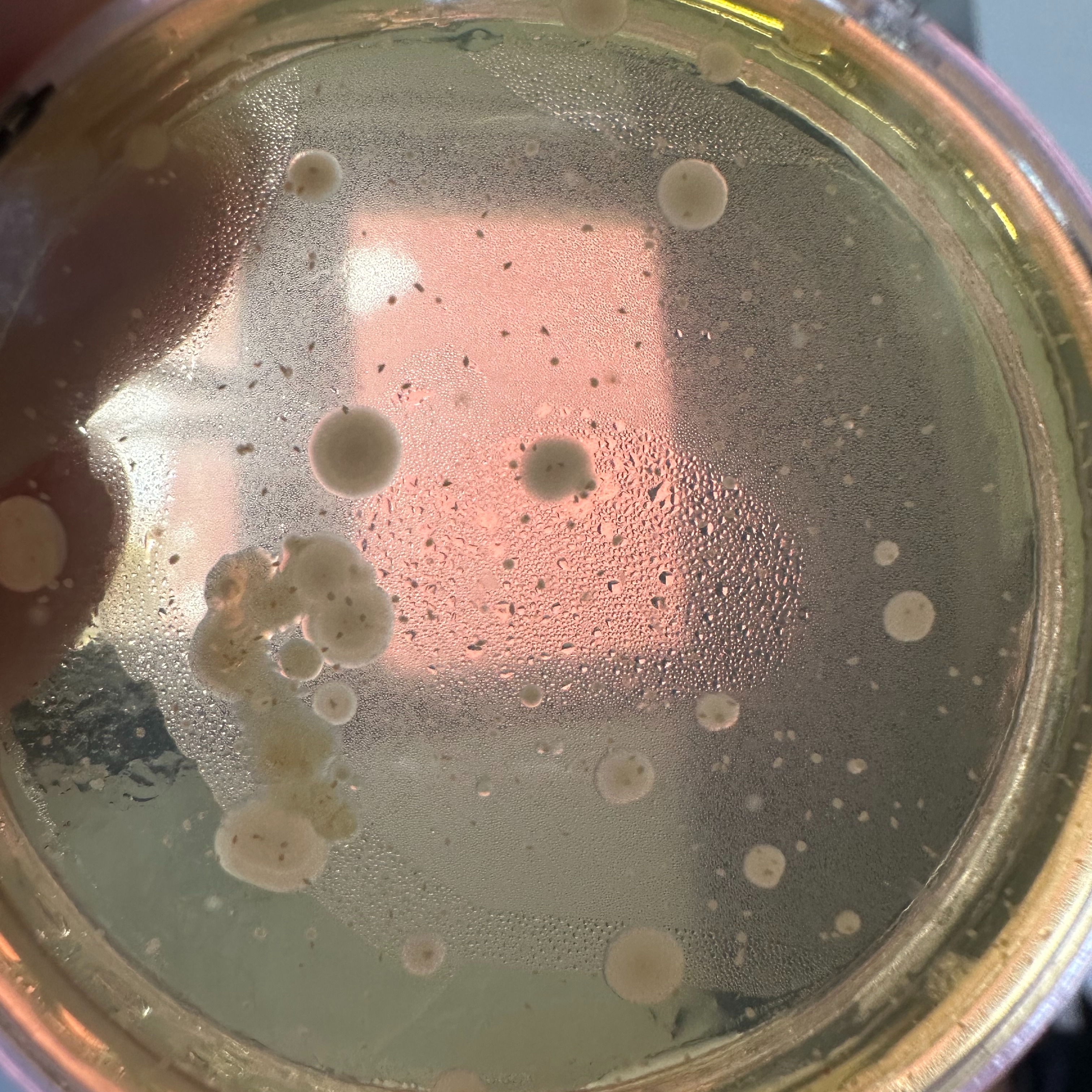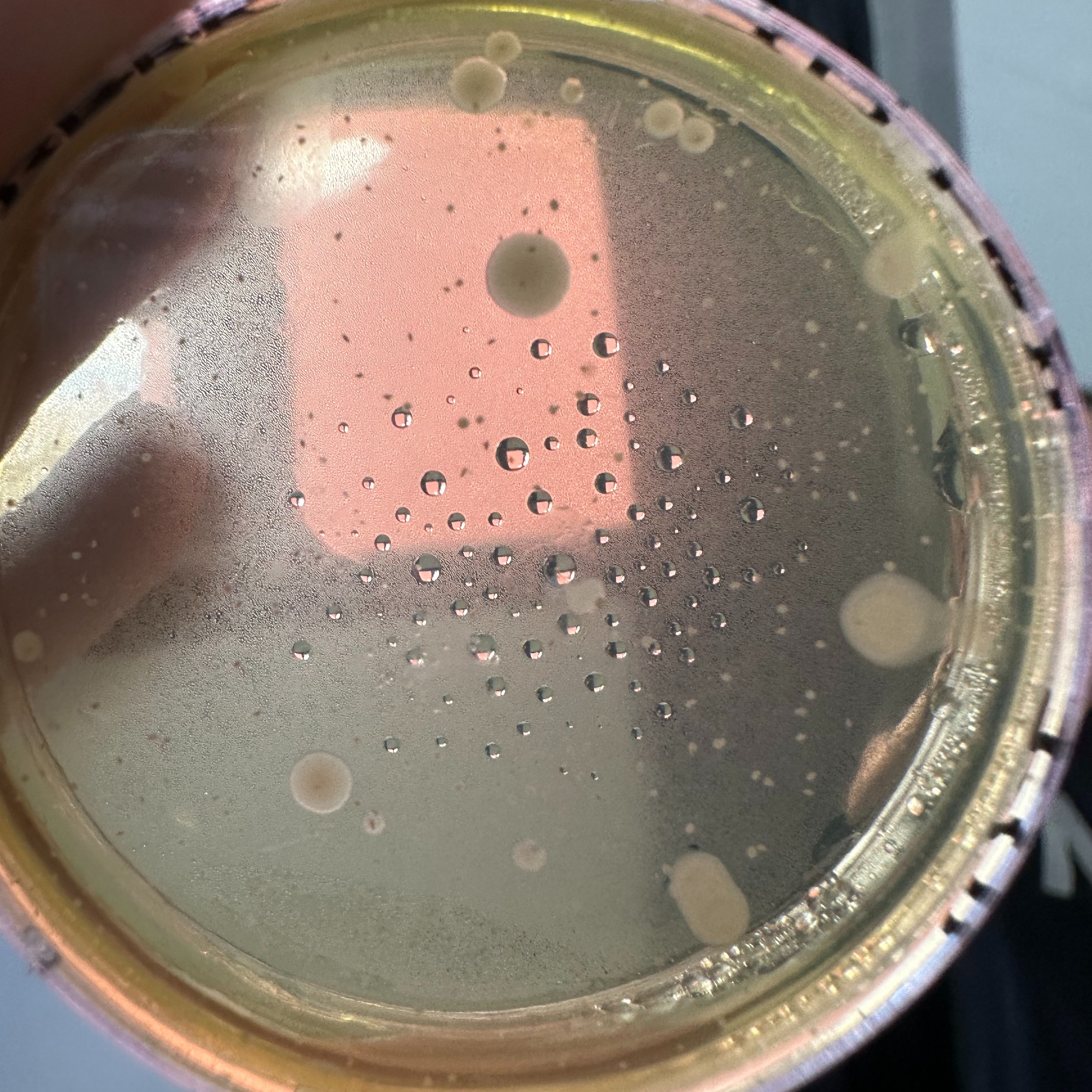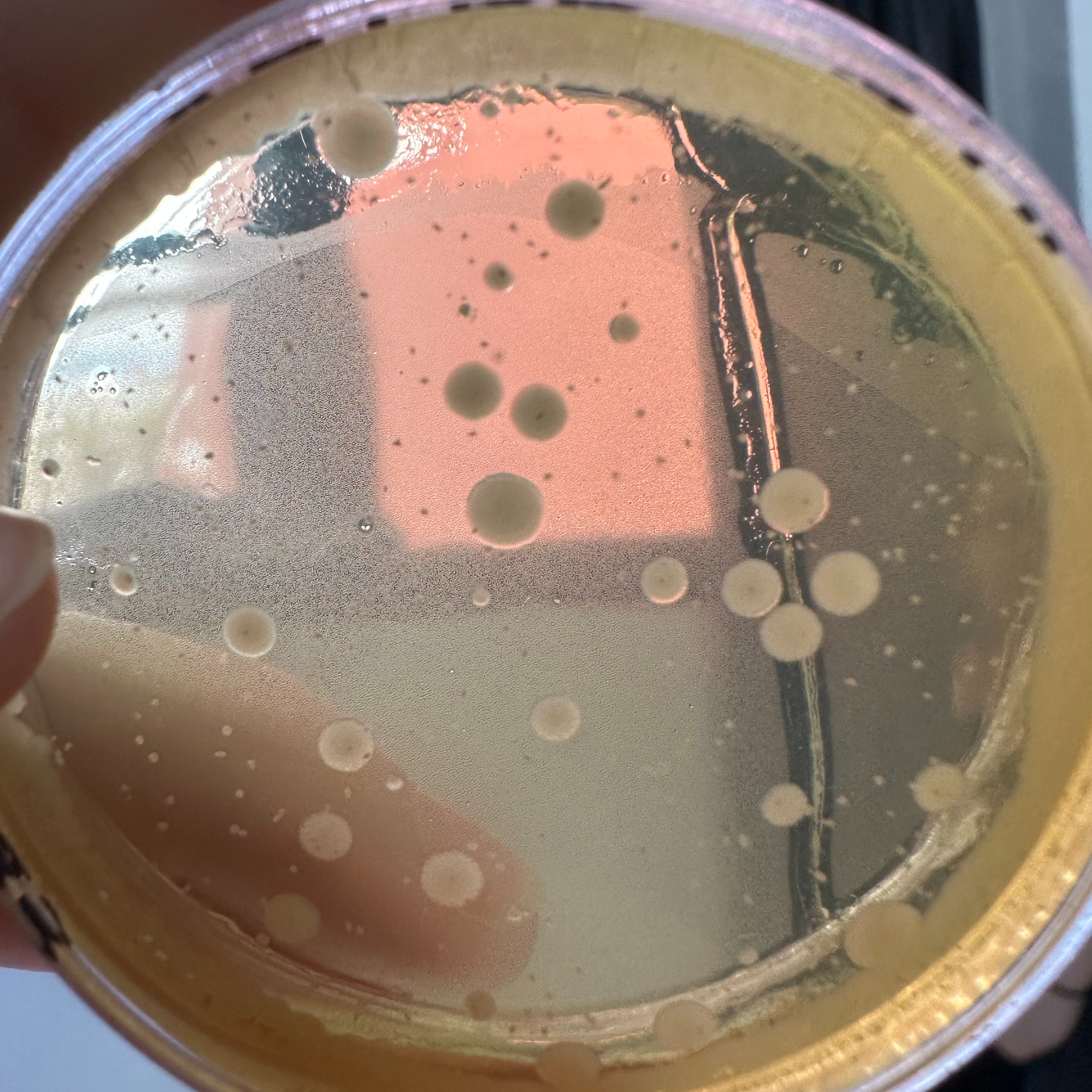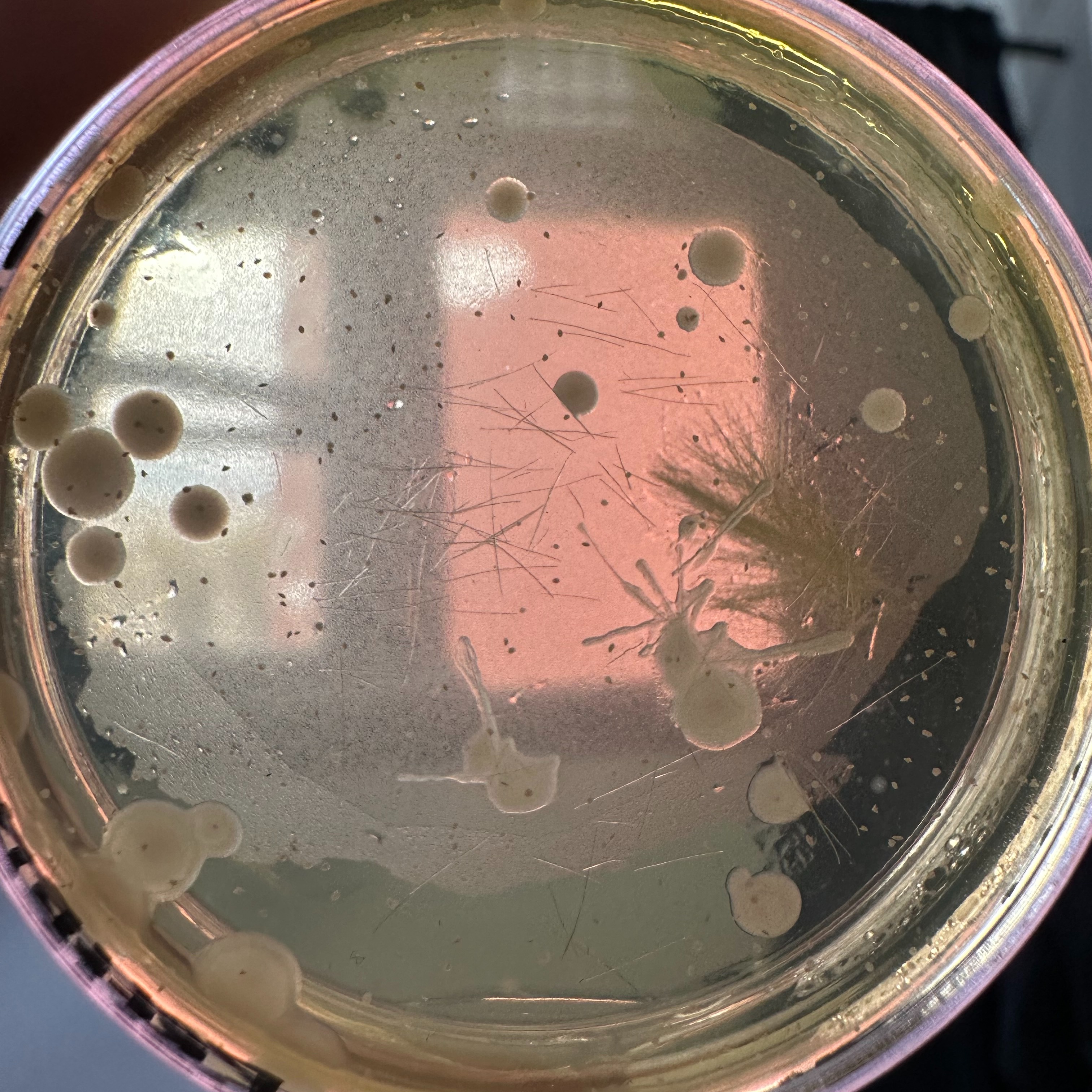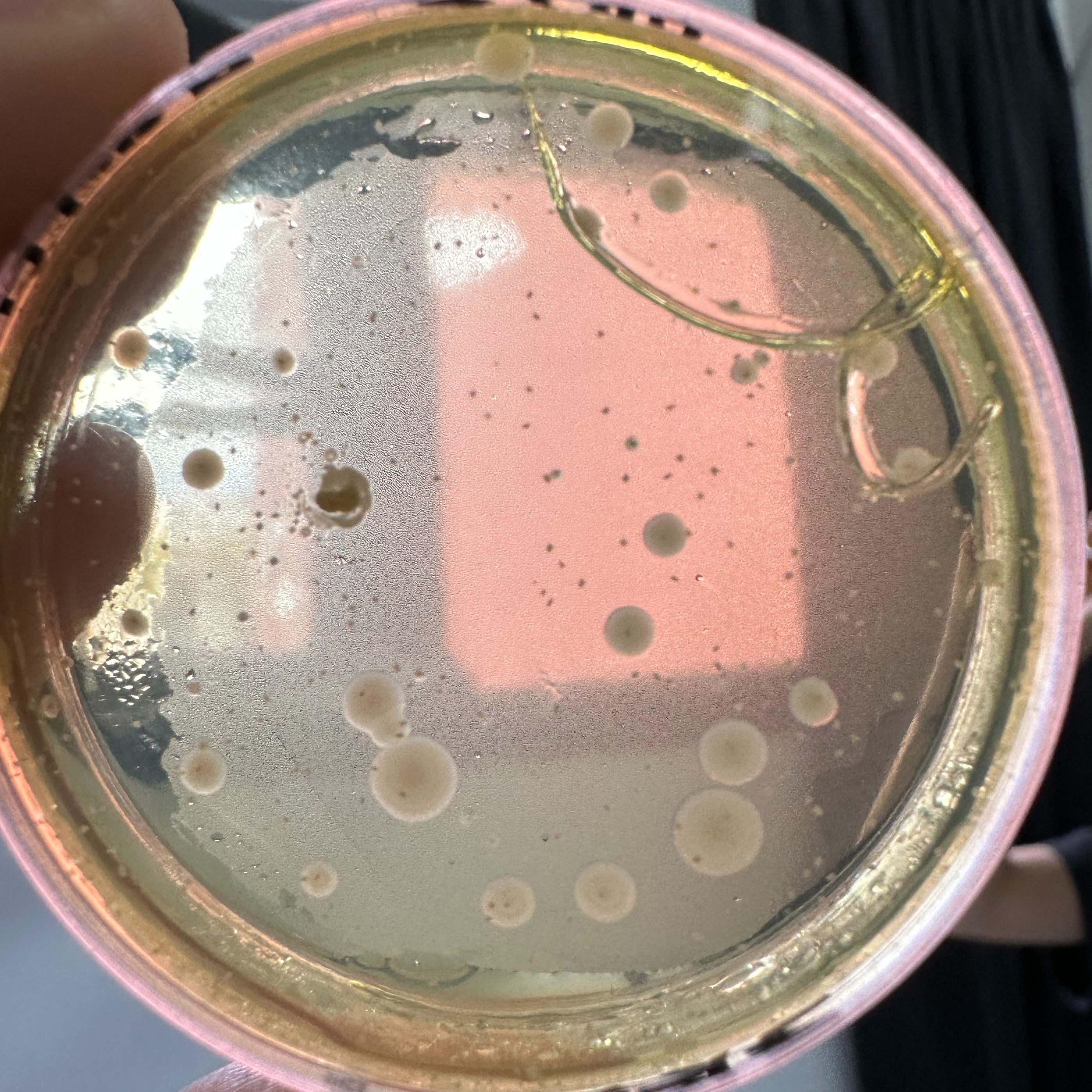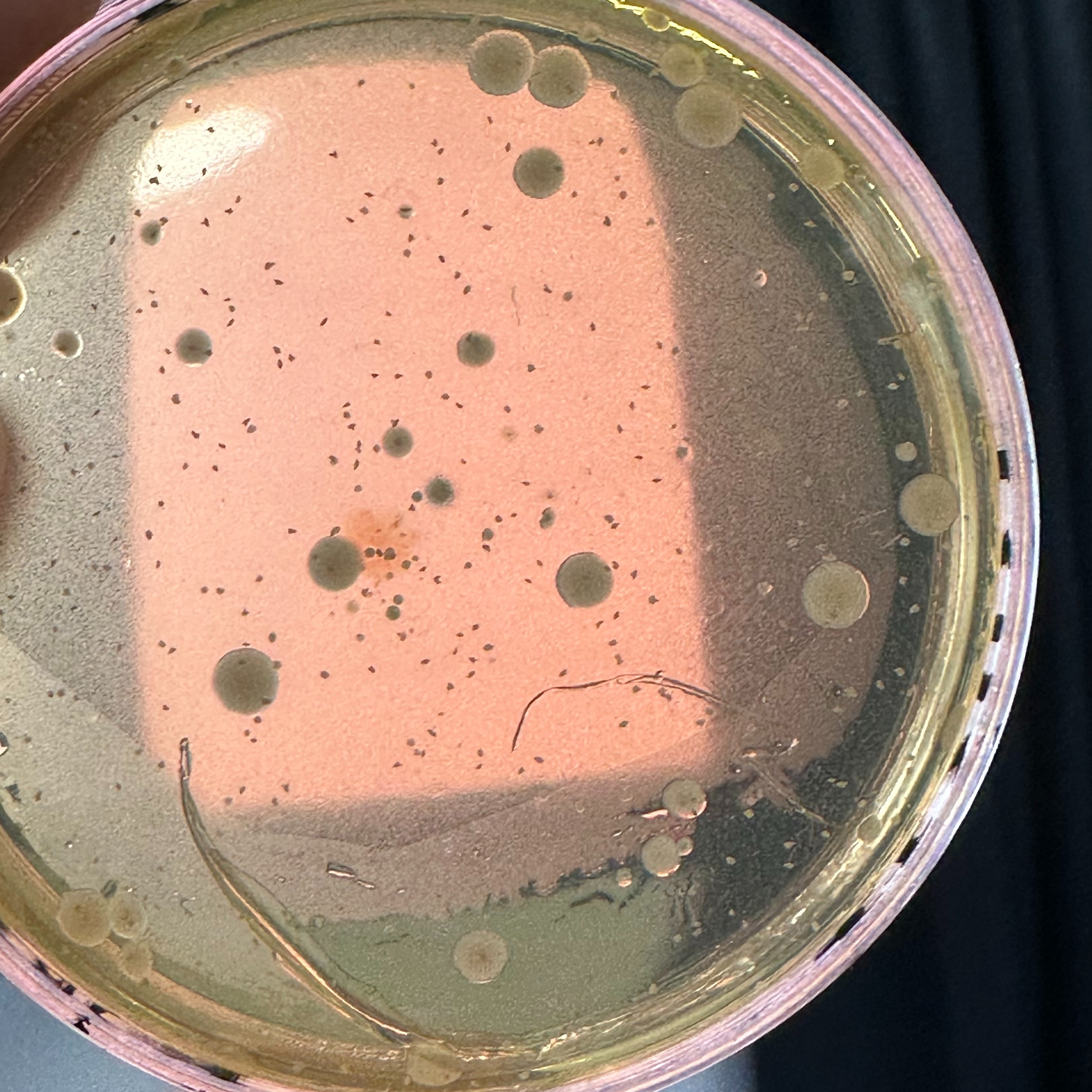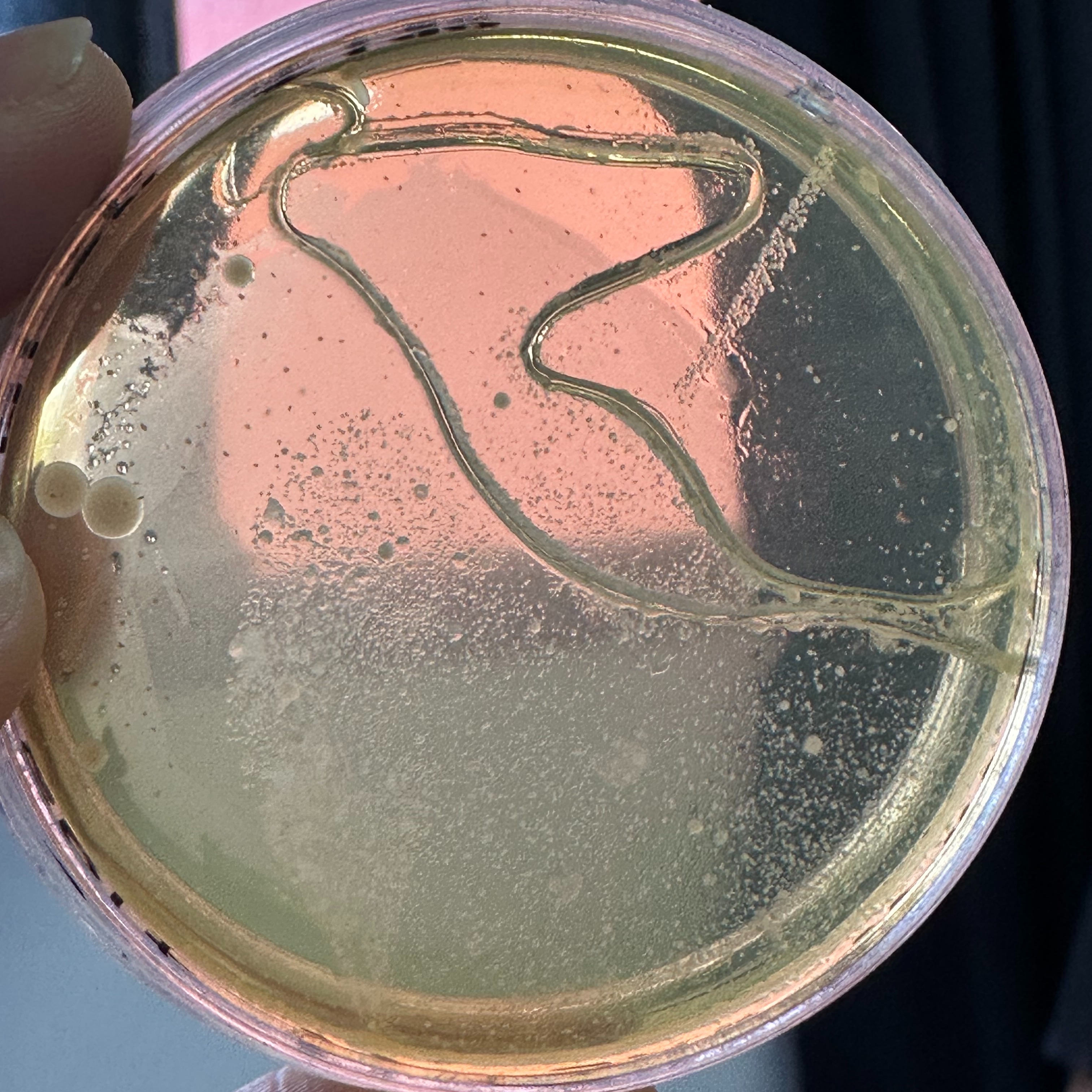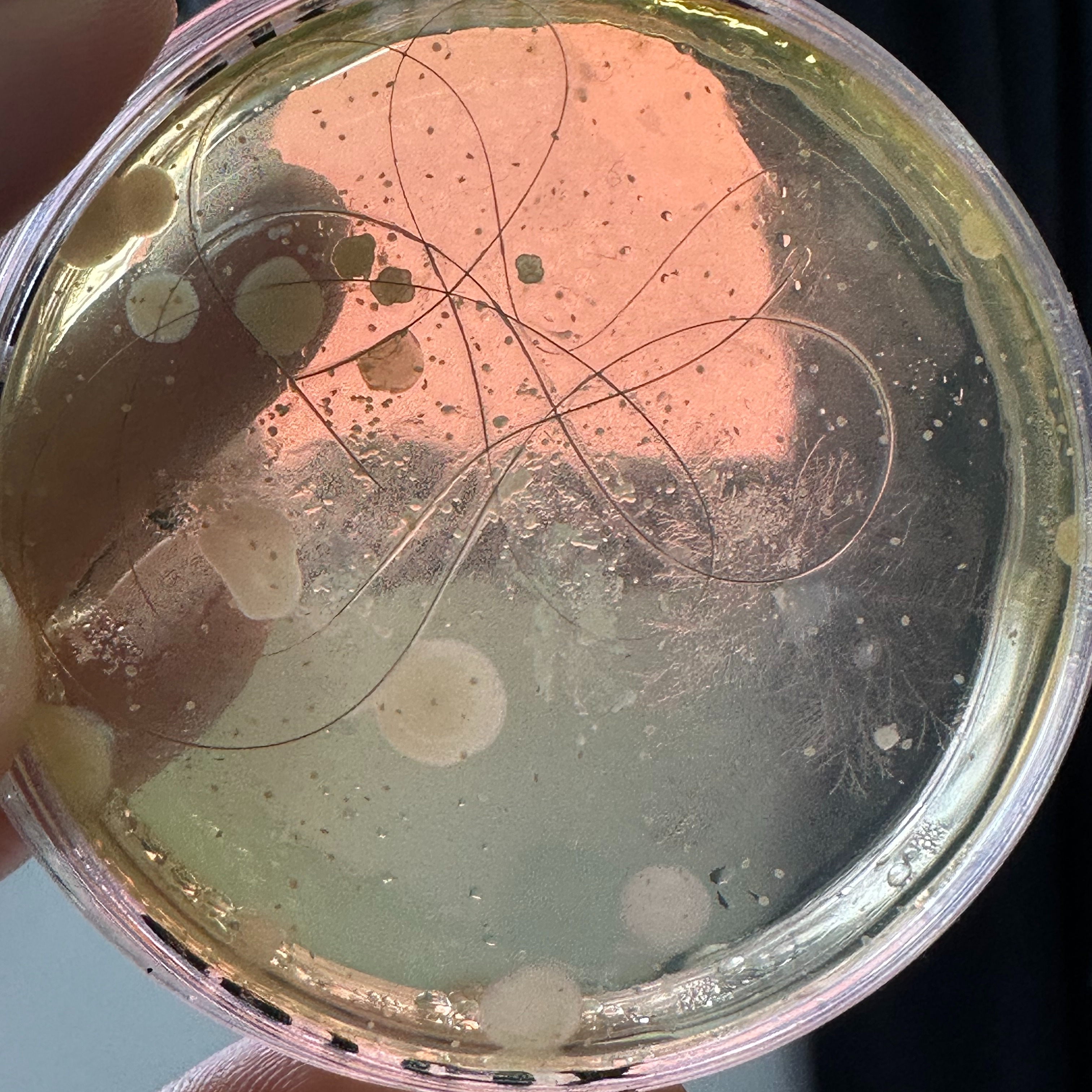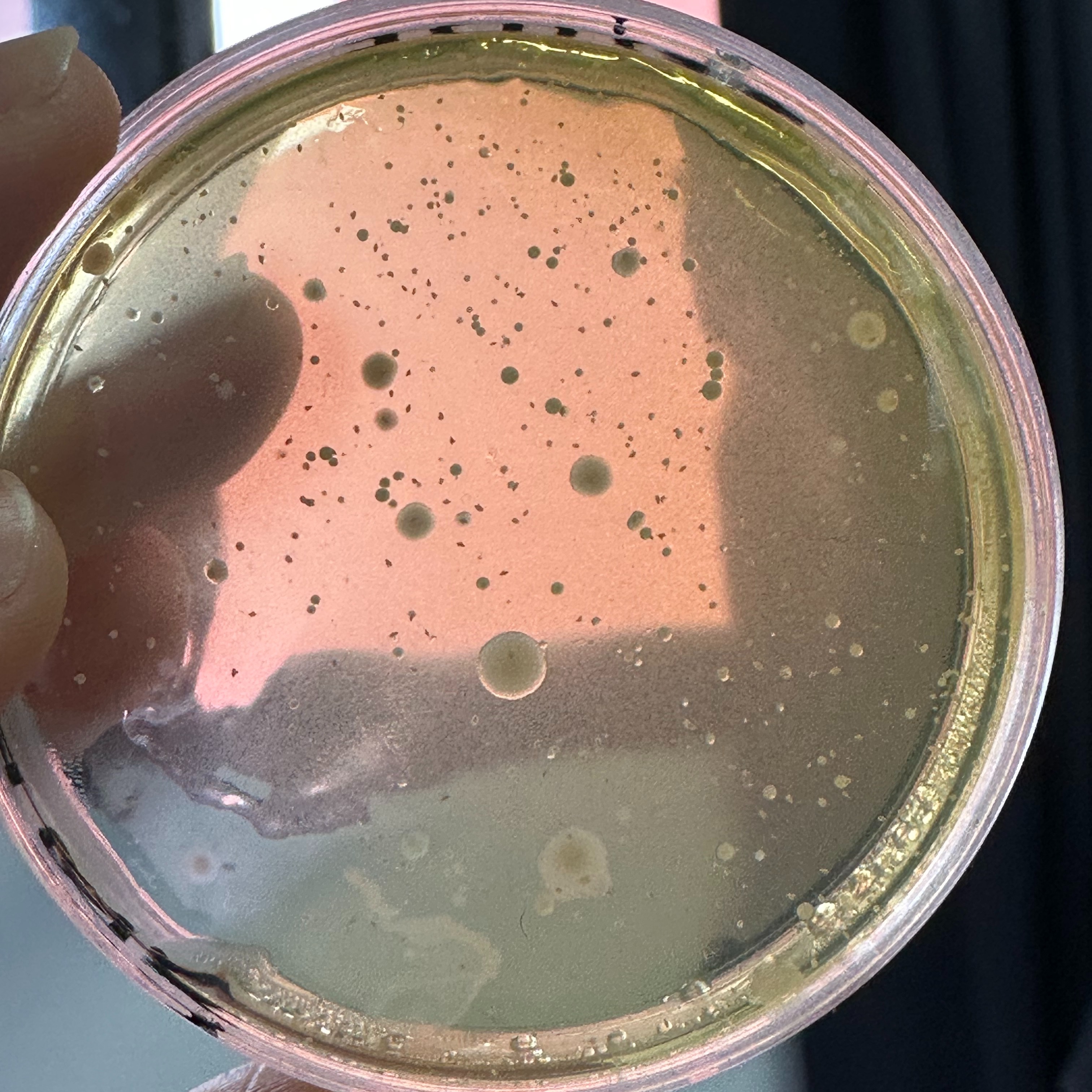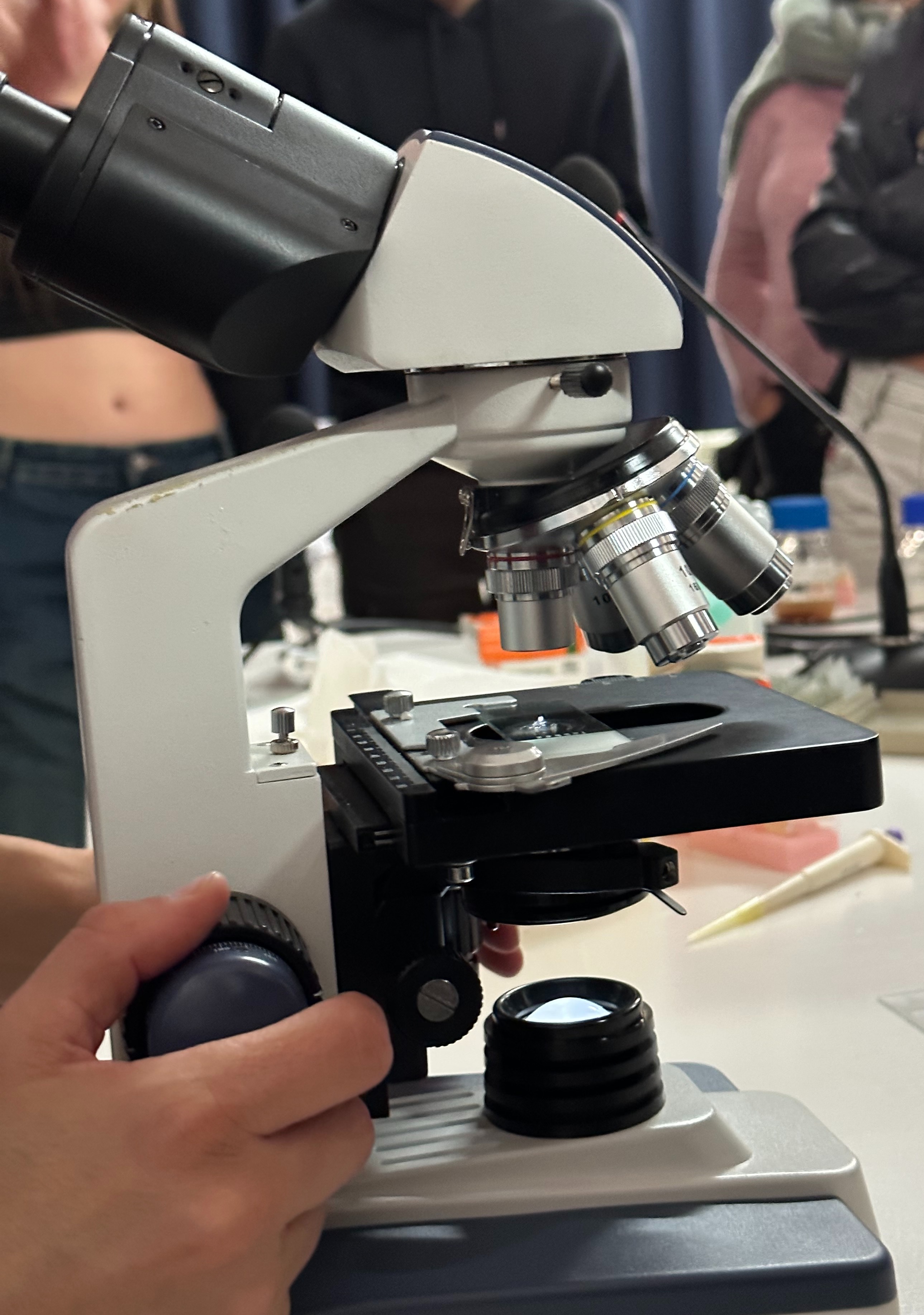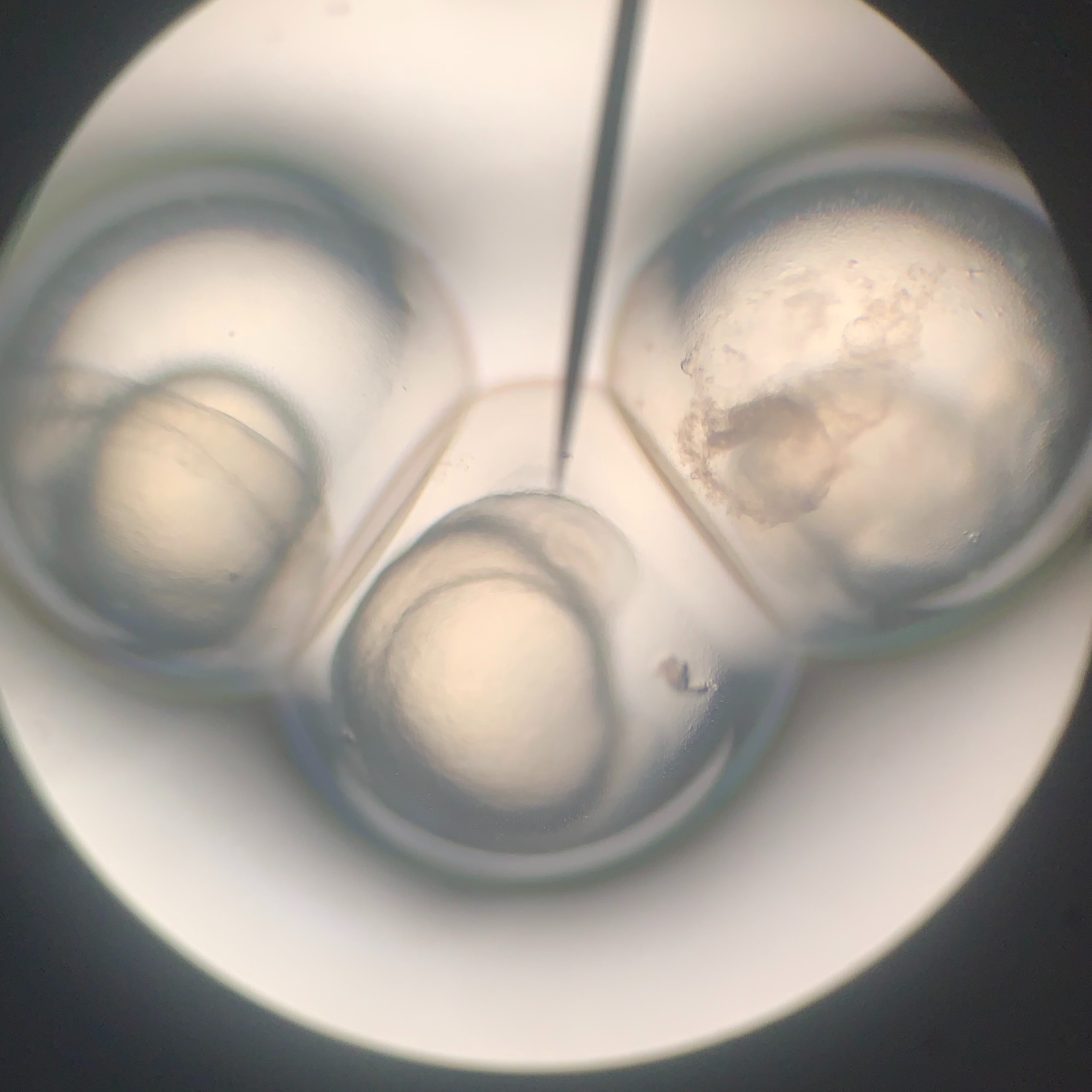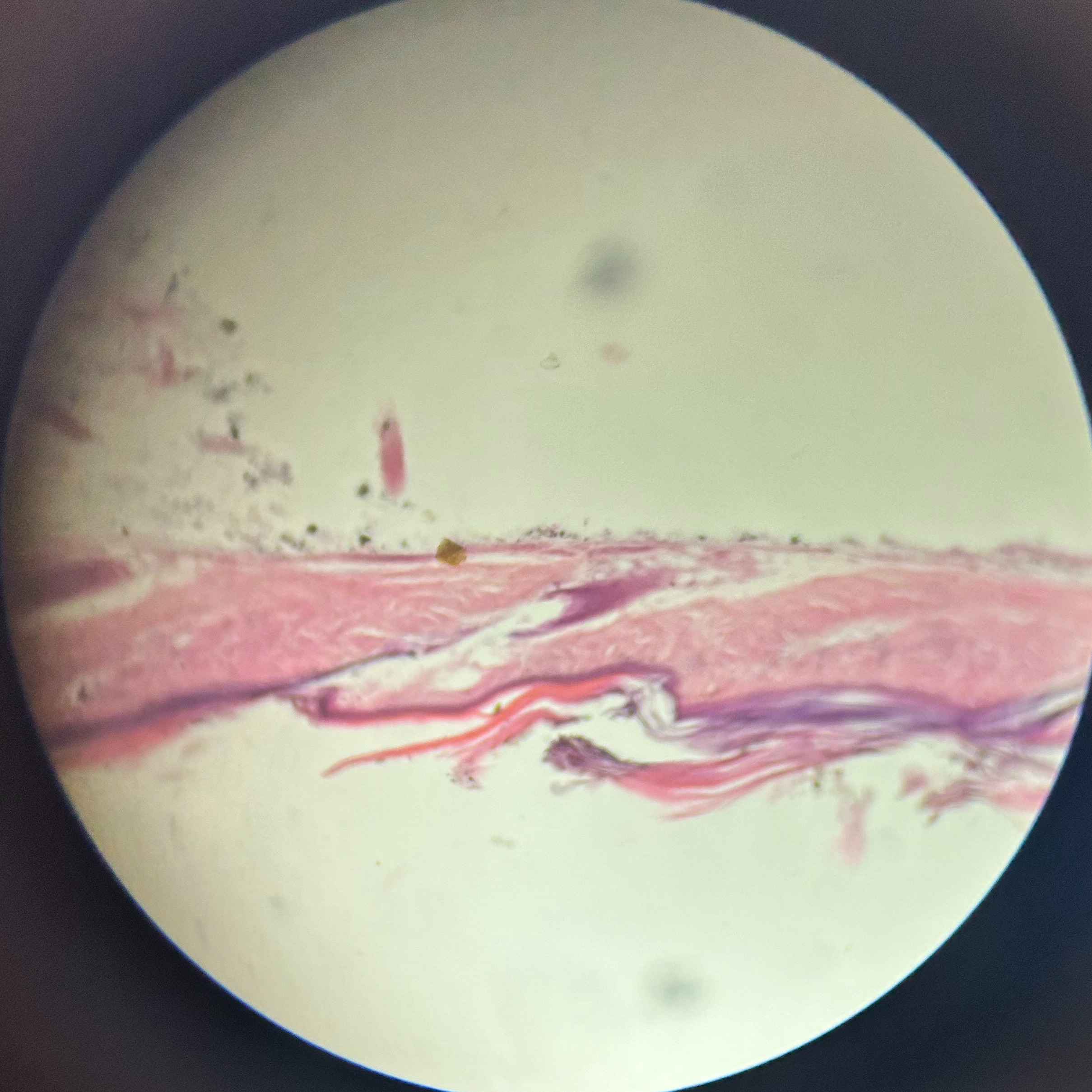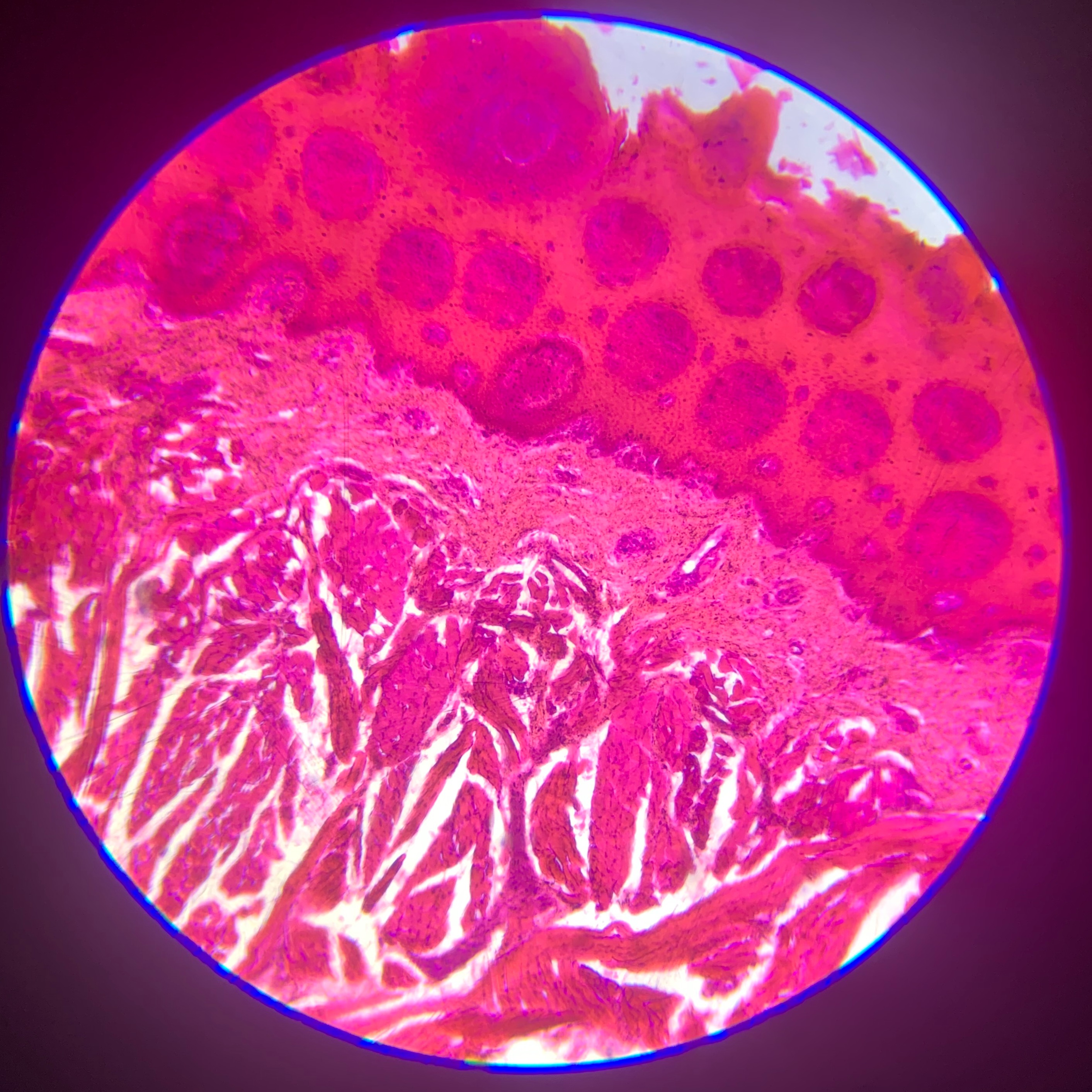Truffle Scented Spirulina
During class with Nuria we had the opportunity to try fresh Spirulina. This is a superfood that contains high amounts of minerals and proteins. However, as the class tried the Spirulina many people did not like the taste or smell of the product. Spirulina though is also a great product in the sense that it uses CO2 to grow and could potentially be a food for the future. This got me thinking about how we could alter the taste of Spirulina without taking away the nutritional value of this organism. I decided to do research into which smell/taste would be essential and not easily left out of a dish and also be strong enough to create a new sense of taste. Research has shown that smell highly effects your taste so I decided to focus on this.
Therefore, I explored the potential of genetically modifying spirulina to enhance its flavor and aroma by infusing the distinct truffle scent. The goal is to overcome challenges in the acceptance of spirulina in food applications. I figured out that the smell of truffle, more specifically, black truffle T. melanosporum, is due to 7 volatile organic compounds (VOCs). These are 2,5-dimethylpyrazine, 3-butyl-2,5-dimethylpyrazine, 3-methyl-1-butanol, 3-ethyl-2,5-dimethylpyrazine, phenylethyl alcohol, 3-(methylthio)-1-propanol, and benzeneacetaldehyde, each contributing unique and distinctive olfactory qualities. These distinct compounds are created by different genes and while in truffle not much is known to which genes cause these compounds in other processes there is more knowledge. The conclusion of this research was that by using other genes found in different organisms one could modify spirulina using different yields of the gene to create a truffle scented spirulina. To read the full paper on this click below.
